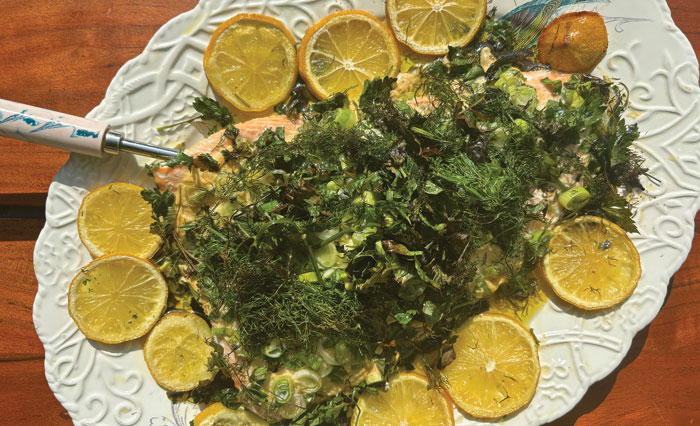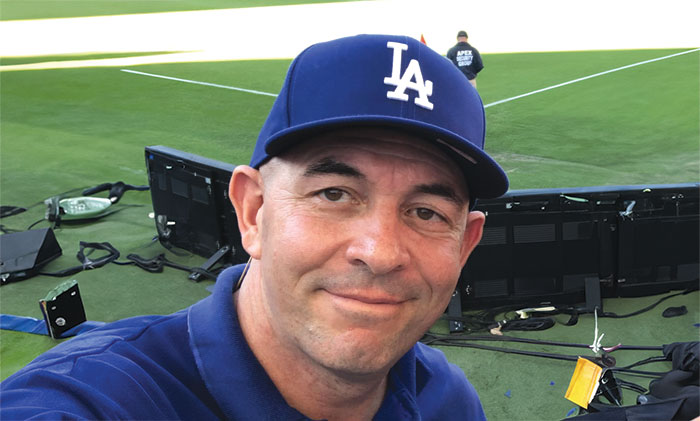My flight from LAX to Israel was the longest 19 hours of my life. Nothing particularly bad happened — I actually slept through most of it — but it was the most I had thought about what I was about to do since walking out of USC with a signed leave of absence form in my hands.
I had answered a million and one questions about Sar-El with the little information I had gotten during my interview, never bothered by the fact that I truly knew next to nothing about the program (honestly, it was kind of hilarious). But once my plane took off, I couldn't help but dream up every possible worst-case scenario. I could very well be throwing a whole semester down the drain. Would it all be worth it?
I knew the answer was a resounding yes the moment I put on an IDF uniform. Now that I was finally on an army base for the first time, it was obvious that I'd had absolutely nothing to worry about.
I got used to Sar-El life right away. Every morning we woke up around 6:30 to be ready for 7:30 flag-raising — I raised the flag on my third day there — and had until 8:30 to eat breakfast. From there, the volunteers headed to work: all 13 of us together the first week or so, and then we split up to do different jobs around the base. Everything fell under some category or another in the “logistics” unit, but I switched it up enough that I never got bored.
Most of my time was spent in the y'mach, home of the reserve supplies warehouses, packing soldiers' kitbags — the ones that they take into the field with them and are almost as tall as I am — and restocking the storage lockers as part of the post-operation inventory. Going through each and every kitbag in each and every warehouse, adding a missing helmet or fleece jacket, and putting it back on the shelves so that it would be ready for the next reserve. Organizing and categorizing all the materials to put together the bags from scratch, and then lifting those bags up to their proper places. Just carrying boxes from trucks into storage lockers. Painting warehouses as part of the general upkeep of the base. And my personal highlight, cleaning the lenses of the sharpshooting guns.
If you're wondering how I could possibly be enjoying doing such tedious-sounding manual labor, just believe me when I say that you'd have to be here to understand.
The real best parts, though, happened when the work day was over. After going to the gym, hanging out in the moadon (clubhouse), and eating dinner, we volunteers got to sit down with soldiers from different parts of the base and listen to them talk about their respective roles in Operation Protective Edge.
Some told vivid stories about their missions in Gaza, often on-foot, and we both knew they were lucky to be alive. Some gave us demonstrations of the machinery they had operated or the defensive technology they had used. Some even showed a few of us the videos and pictures of things they had found in Gaza and their on-the-ground view of the operation.
Obviously, I can't write about any of it; the IDF is extremely careful about what is allowed to go online for security reasons. But that's what I'll remember from this base. I'll forget about the long hours in hot warehouses, but I'll remember how to pack a soldier's kitbag. I'll forget about the times when we were sitting around, waiting to be given more work, but I'll remember how to clean a sharpshooter's lens. I'll probably even forget how bad the food was… But I'll always remember the stories from the soldiers who fought for us this summer, and how happy I was to be able to help them in whatever little way I could.






















 More news and opinions than at a Shabbat dinner, right in your inbox.
More news and opinions than at a Shabbat dinner, right in your inbox.